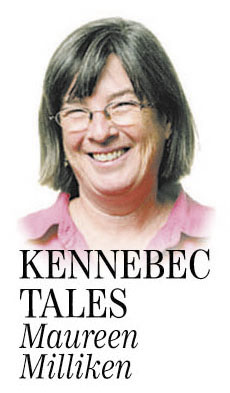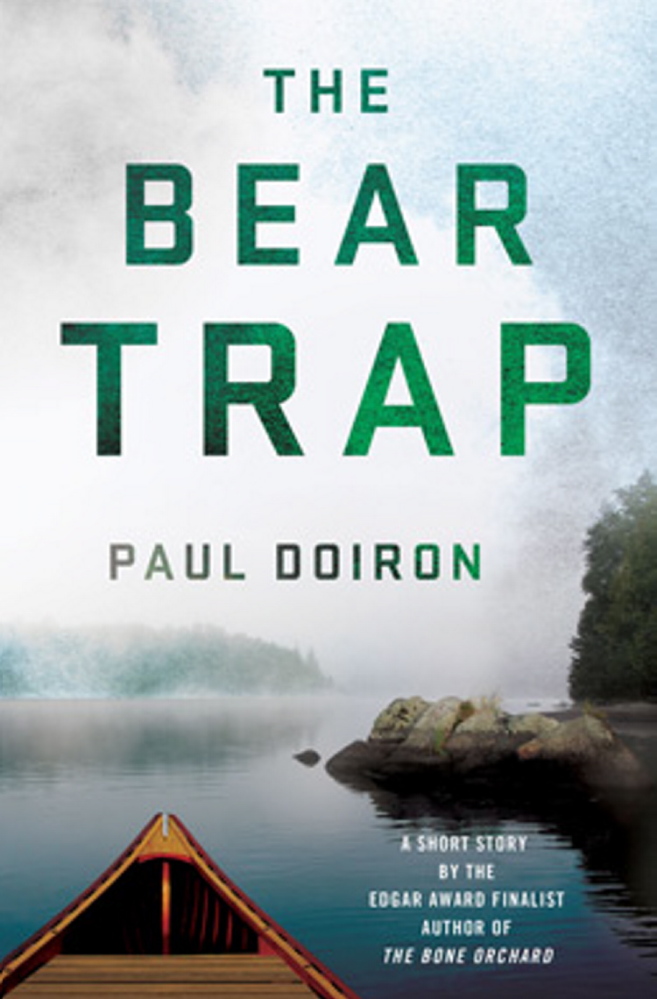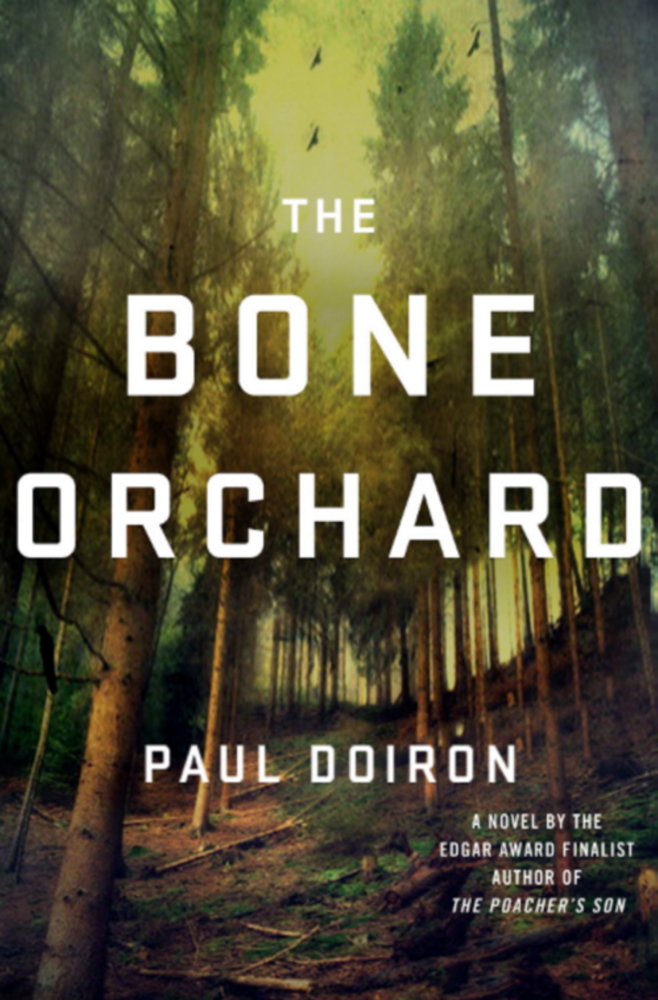Like most Mainers, Paul Doiron was drawn in by the story of the “North Pond Hermit” last year.
Christopher Knight faded into the woods of central Maine, where he lived for 27 years, burglarizing camps, avoiding people and becoming a local legend.
And like most writers, the distance between being drawn in by a story and using it to make up our own wasn’t a long one for Doiron.
Shortly after Knight’s April 2013 arrest, Doiron had already used it to launch a story.
The problem was, as an established author, he had to figure out what to do with it. At the time he was well into his latest novel, “The Bone Orchard,” which will be released by St. Martin’s July 15.
“I was completely fascinated and wanted to write about it,” he said last week over breakfast in Augusta’s Downtown Diner. “I kept trying to find ways to fold it into the novel I was writing, but I didn’t have a way to do it.”
He finally did something a lot of writers will recognize — he gave in to the story and sat down and wrote it anyway.
While it’s fiction, and has a startlingly different ending that the real Knight story, readers familiar with real events will recognize some aspects. How Doiron’s “hermit” is picky about what he takes for instance. Or that he’s finally caught at a summer camp, in this case for disadvantaged boys.
But Doiron points out his story is just that, a story.
Knight’s saga was “a jumping off point.”
Knight was convicted of a number of the more than a thousand burglaries he told police he committed and spent some time in jail last year before being released as part of a court program. While that may sound like a crime story to the casual observer, Doiron points out what he wanted to write was a Crime Story.
It would be spoiling to reveal here what happens. But crime writers generally write murder mysteries.
Doiron took a character that readers of his first four Mike Bowditch mysteries will recognize — retired Maine Warden Charley Stevens — and set it in the mid-1970s in Stevens’ rookie year in the Maine Warden Service.
The setting seems to be in the Belgrade lakes region, Knight’s old stomping grounds, but could be anywhere in Maine.
The story, “The Bear Trap,” also finally did find a way into Doiron’s latest project. Readers can read it for free online via a link on his website, pauldoiron.com.
“It’s a little bit different, but it gives readers a sense of what I do,” he said.
Central Maine readers may also feel a sense of familiarity with “The Bone Orchard.”
The instigating incident in the fifth Mike Bowditch novel is a shooting involving a Maine Warden and an Afghanistan war veteran who seems bent on a suicide by cop.
On July 8, 2010, armed Marine Corps veteran James Popkowski was shot outside the VA hospital in Togus by a Maine game warden and a member of the Togus police department.
Doiron says that, as with Knight’s story, “The Bone Orchard” bears only slight similarities to actual events.
The real jumping off point for the novel was “I’d read a few years ago that the state of Maine has more Afghan war veterans per capita than any other state.
“I kept thinking about these guys, and more and more I kept coming back to it.”
He said he’d see young people in the mall suffering obvious or not so obvious injuries that were the consequences of the wars in Afghanistan and Iraq.
“But it’s largely lost to people,” he said. “The families are affected but the rest of society is oblivious to a certain degree.”
In his book, “everything happens very, very quickly” and the warden shoots the veteran, killing him.
The book follows the aftermath of that shooting.
And that brings up another “in the news” topic: justifiable shooting by police.
While his books may be topical — “and if you’re reading the news, you can’t help but be” — the jumping off points are just that. His books are fiction, not depictions of actual events.
A big part of that is because that’s what good fiction writers do. They take a small nugget and create a story out of it.
But there’s another reason they veer well away from actual events and bear no resemblance to real people and happenings, whether it’s Christoper Knight, Popkowski, those who shot him, or anyone else who sparks his imagination.
It’s simple, he said. “Out of respect for the people who actually participated, they can’t be.”
Maureen Milliken is the news editor of the Kennebec Journal and Morning Sentinel. Email her at mmilliken@mainetoday.com. Twitter: milliken47. Kennebec Tales is published the first and third Thursday of the month.
Send questions/comments to the editors.





